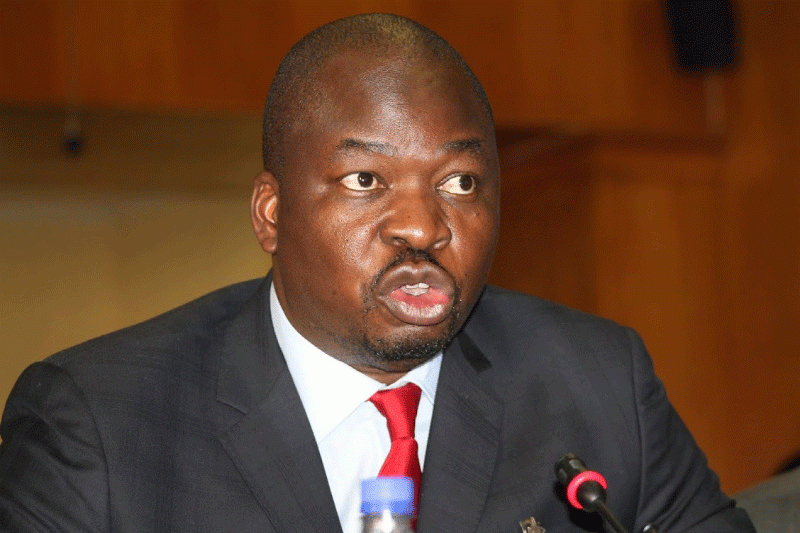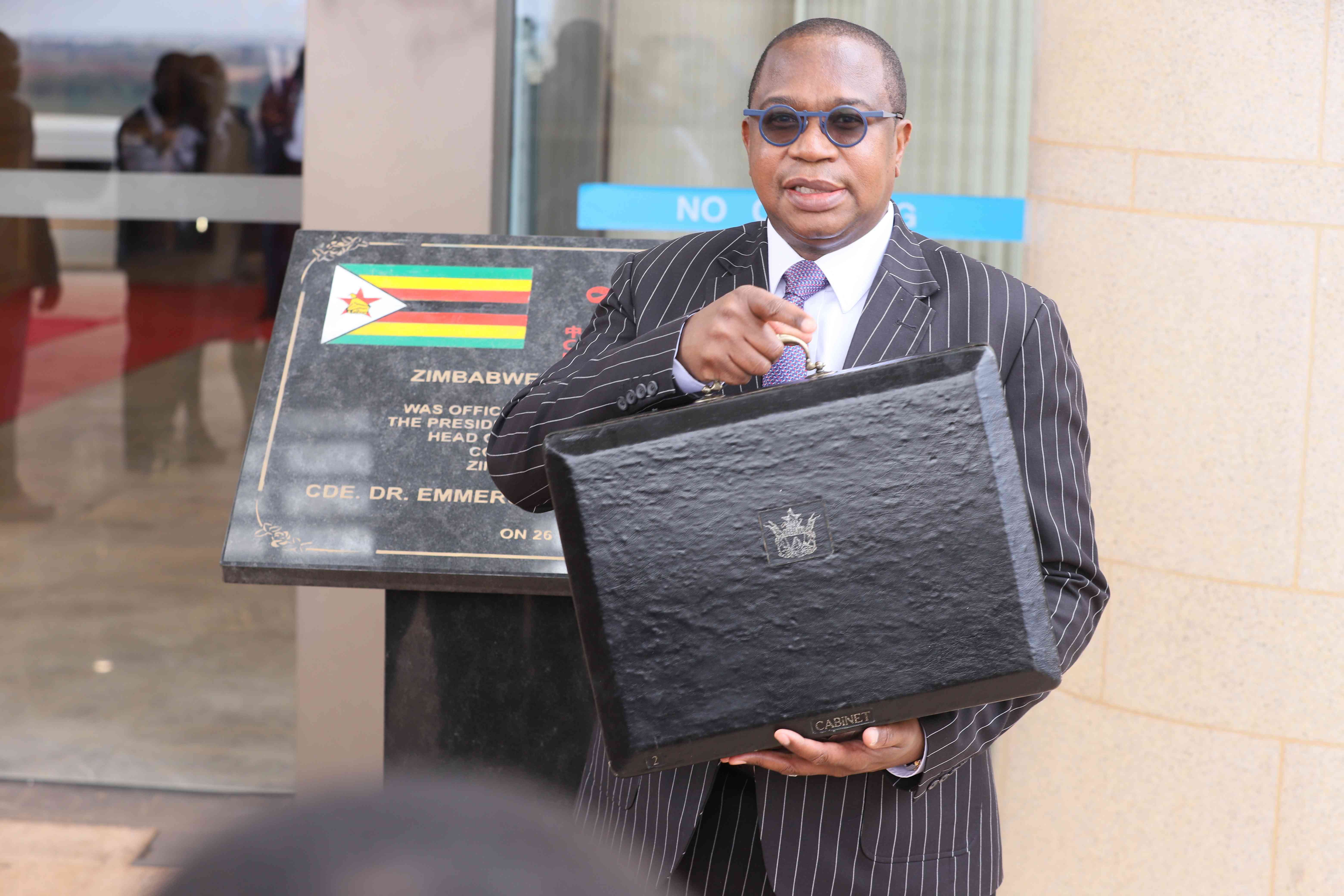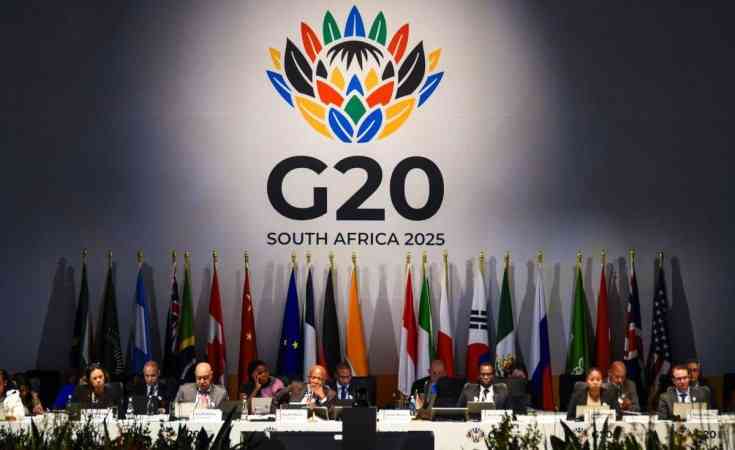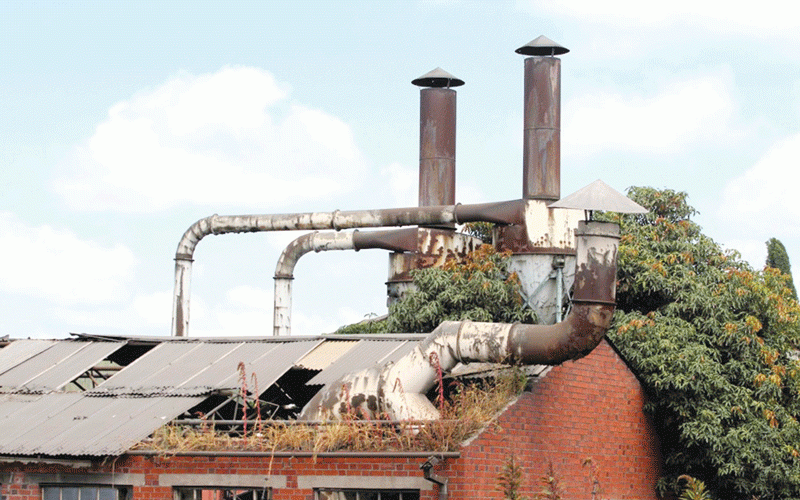
MINISTRY of Finance and Investment Promotion permanent secretary George Guvamatanga this week made waves when he lashed at formal retailers for complaining against the uneven operating environment, which they said favoured informal traders.
Guvamatanga said at the Zimbabwe Economic Development Conference held in Victoria Falls that: “I would fire you because you will be useless management. How do you complain about a tuck shop which pays five times more per square metre rent, does not have access to credit and buys all the goods in cash, right, because they do not have any access to credit”.
OK Zimbabwe in their latest financial update said the skewed exchange rate gave informal traders an edge, while causing “forced death” on the formal retailers.
It said the group suffered an 8% drop in sales volumes from last year also due to the impact of the informal traders and low disposable income.
Below is a response by Zimbabwean economist Professor Gift Mugano on X, formerly Twitter, to Guvamatanga’s utterances:
@GGuvamatanga, I don’t get it! You are blaming supermarkets? You selectively forget that as a Ministry you have caused so much misery on the formal businesses, which include supermarkets through the following policies and factors:
Command exchange rate, which has resulted in sustained disparities between formal and parallel market rates — which is the very same reason why goods in supermarkets are very expensive while the informal sector is competitive because they do not abide with your pegged exchange rate. You use useless statutory instruments to force the very same supermarkets to use the manipulated rates, which has the net effect of giving pricing that are almost double the ones prevailing in the tuckshops.
Your ministry liberalised the imports for about 11 products. These commodities are coming through duty free and VAT free. Tuckshops are importing these commodities, whilst our supermarkets procure the very same commodities locally — a position that is economically and morally sound aimed at fostering job creation and local content.
- US$12bn needed for infrastructure rehab, says Govt
- Formal traders have a genuine cry
- Love–hate relationship with the US$ continues
- Letter from America: RBZ is the problem not ZiG!
Keep Reading
We all know that local producers are not competitive as a result of several factors which inter alia include punitive tax regimes, punitive interest rates which are around 150% per annum while in the region interest rates are around 15%. This makes it difficult for supermarkets to drive sales whilst the opposite is true for the tuckshops.
The formal businesses meet massive compliance hurdles ranging from tax compliance, Nssa, Aids Levy, heavy rentals, payment of salaries governed by Nec’s, whilst the informal sector evades most of these costs. In fact, it is costly to be formal!
Incessant exchange rate spikes and chronic inflation has resulted in erosion of capital and cash flows for the formal businesses. The informal sector can beat this challenge by solely selling in United States dollars but formal businesses cannot do the same because of the need to comply with the laws, which should be the case anyway. A million dollar question is, who is the chief author of macroeconomic instability? It is politics. It is your ministry, which has been pumping money in the money — excessive liquidity! Where is the evidence? Your budget in the last five years shot up by 56 000% !!! This is unprecedented.
After all has been said and done, @GGuvamatanga, courtesy, respect, professionalism and ethical conduct is required.
You are the PS (permanent secretary) for the country, not chief whip! Last I checked the Government of Zimbabwe has a client charter, which all ministries, departments and agencies has to adhere to when engaging with the public.
Is it part of the client charter that you should speak venom to the business and disgorge toxicity to commerce.











